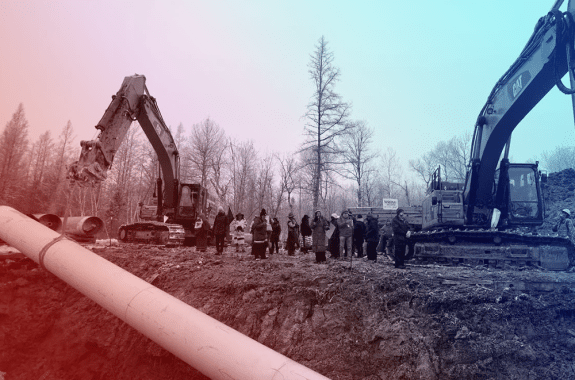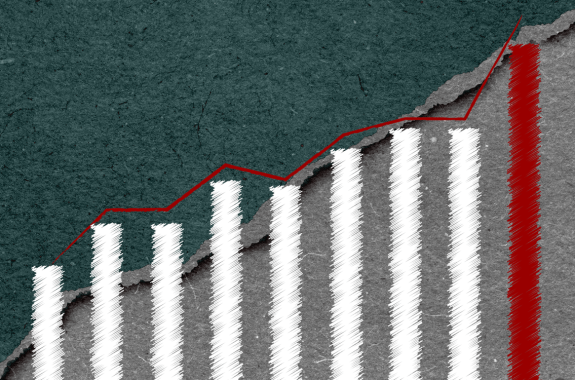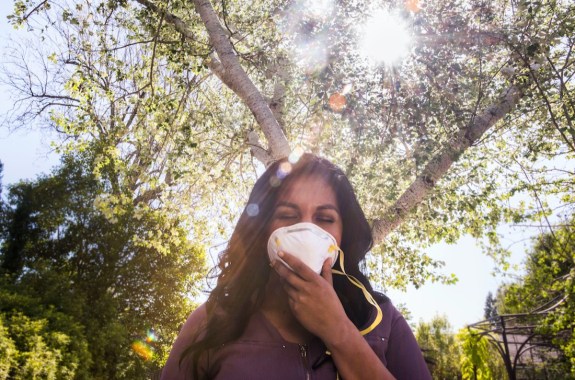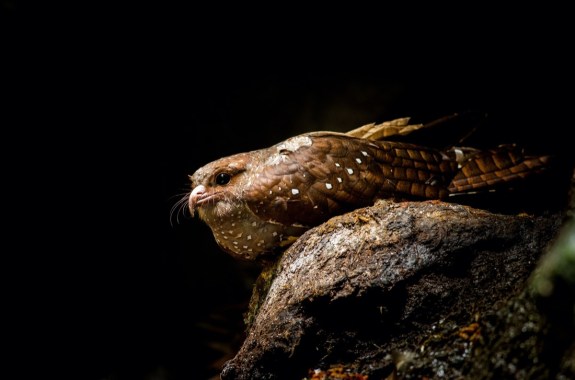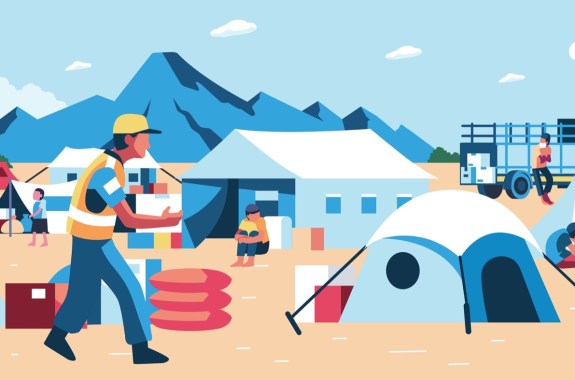Radio
Listen to Science Friday live on Fridays from 2-4 p.m. ET
November 22, 2024
On the 50th anniversary of Lucy’s discovery, paleoanthropologists reflect on what she means to science, and what she taught us about ourselves. Plus, divers have recovered seeds of a long-lost rye variety from a 146-year-old shipwreck in Lake Huron. And, just in time for Thanksgiving, a potato researcher explains potato varieties, potato nutrition, and some tubular tuber facts.
23:40
Science Crimes: From Grave Robbers To An Icepick Surgeon
A new book documents the biggest scientific crimes in history and pulls no punches.
12:03
President Biden’s Infrastructure Bill Sees The End Of The Road
The nearly 2,000 page bill covers infrastructure improvements that include funding for projects that would build up the country’s climate change resilience.
16:39
Local Communities Spar Over Minnesota Oil Pipeline
A plan to replace aging oil infrastructure is nearly complete. Here’s why tribal nations and other Minnesota residents are still divided over its risks and benefits.
12:00
How Imperfect Data Leads Us Astray
If we make decisions based on data, what happens when the data is wrong?
17:22
CRISPR Stops Rare Genetic Disease In New Human Trial
Gene-editing technique CRISPR may deliver new treatments for genetic diseases—and it’s already being tested on patients.
4:06
Latinos In The West Are Twice As Likely To Be Affected By Wildfires
“Climate does not discriminate, but our housing crisis has.”
13:14
Consider The Nocturnal, Whiskered Oilbird
A deep dive into a bird that’s “wrong in every way,” according to a researcher who loves them.
17:17
Wait, Am I Going To Need A Booster Shot?
Epidemiologist Dr. Céline Gounder untangles rapidly changing pandemic updates.
12:06
With Delta Rising, New Rules On Masks And Vaccines
The CDC has issued new guidance on mask-wearing as COVID-19 infection rates increase around the country.
17:12
A Disasterologist On Coming Together To Weather The Climate Crisis
Emergency management researcher and author Samantha Montano on how our disaster response systems need to scale up for climate change.


